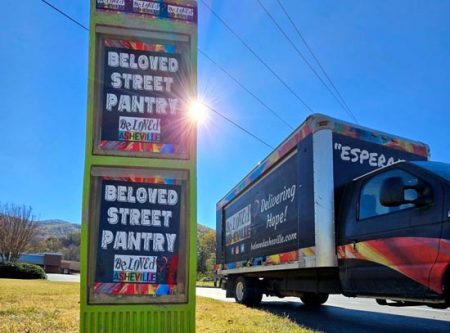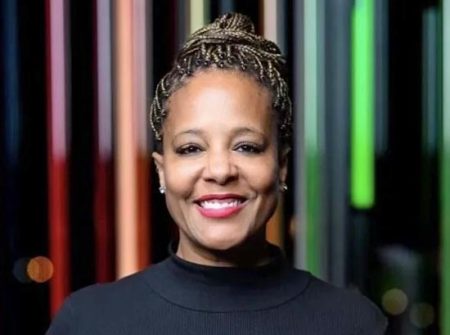UNCA Workshop: la Coalicin de Organizaciones
You are a straight A high school senior, top of your class. You dream of becoming a doctor some day. However, as you apply to colleges you find that most will not accept you.
You are a straight A high school senior, top of your class. You dream of becoming a doctor some day. However, as you apply to colleges you find that most will not accept you. Those that do inform you that you will be required to pay five to six times more than what others in your high school would have to pay. Additionally, you\’re told that even if you do make it through medical school, you can never become a doctor.
You are perplexed. What did you do that was so wrong? Why do you deserve this treatment? The reason, you are told, is that you arrived in the U.S. at age three, a child of undocumented immigrants.
college education in the United States was the topic of the Coalition
of Latin American Organization\’s (COLA) workshop at UNC-Asheville\’s
Highsmith Union on March 4th. COLA works to unite and represent
organizations that support the Latino community in Western North
Carolina, and to share information, educate and create solutions to
common problems.
This Encuentro (gathering), COLA\’s 11th, was hosted by the University\’s
Office of Multicultural Student Affairs. Over 50 people from across
Western North Carolina attended this all-day workshop. Participants
included students, parents, educators, and community members
representing communities from Winston-Salem to Cherokee. The workshop
was presented in both English and Spanish with interpreters and
interpretive equipment on hand to make sure that all participants
understood each other.
Discussions focused on various national, state, and local issues that
affect immigrant youth. Currently, there is a federal immigration
reform bill in Congress. It has already passed in the House and is now
in the Senate. The bill would make it an aggravated felony for anyone
to help an undocumented immigrant – including doctors providing
treatment and teachers educating students. By contrast, there is the
DREAM (Development, Relief, and Education for Alien Minors) Act which
was reintroduced in Congress in November of 2005. If passed, this Act
would provide students a path toward legal residency and possible
citizenship through educational success.
While these debates are going on at the national level, North Carolina
has also been working on this issue. Sadly, this year a bill died in
the State House of Representatives that would have enabled qualified,
undocumented immigrant students who are residents of North Carolina to
pay in-state tuition. Because of the failure to pass this legislation,
these students must pay out-of-state tuition regardless of where they
reside. This means that these students can find themselves faced with
tuition bills up to six times the amount paid by their peers. At most
community colleges (whose fees are set by the state) what could be a
$40 per credit hour fee can cost as much as $220. A full time student
at UNC-Asheville can find themselves paying $6,600 per semester rather
than the $1700 charged other in-state residents. Furthermore, these
students are not eligible for federal grants or loans because of their
status.
Additionally, several community colleges and private universities do
not admit undocumented students. For those that do, often there is no
written policy in place regarding student status. Prospective
candidates frequently must depend on the knowledge of individual
admissions office staff to steer them through the application process.
Finally, for those fortunate enough to gain admission and complete
college, they encounter a brick wall when it comes to licensing. If
students want to pursue a career as a physician, nurse, lawyer or other
profession that requires state licensure to practice, not having a
Social Security number or designation makes it impossible for them to
be licensed.
As one honor-roll student said with tears in her eyes, “You can\’t
control what race you\’re born into or what country your parents move
to. You shouldn\’t be discriminated against because of this.”
While many participants were frustrated by the current political
climate that is limiting these students\’ choices, others were hopeful.
Presenters from AB Tech, Blue Ridge Community College, the Center for
Participatory Change, and UNC-Asheville exhorted students to study hard
and achieve academic excellence. Parents were told to never give up on
their kids\’ future. Meanwhile, community leaders and activists were
encouraged to work on behalf of children everywhere so that worthy
students could share in opportunities provided others as they pursue
their American dream.
For more information on immigration and education issues, contact COLA
at 825-C Merrimon Ave. #102, Asheville, NC, 28804 or at
[email protected]








